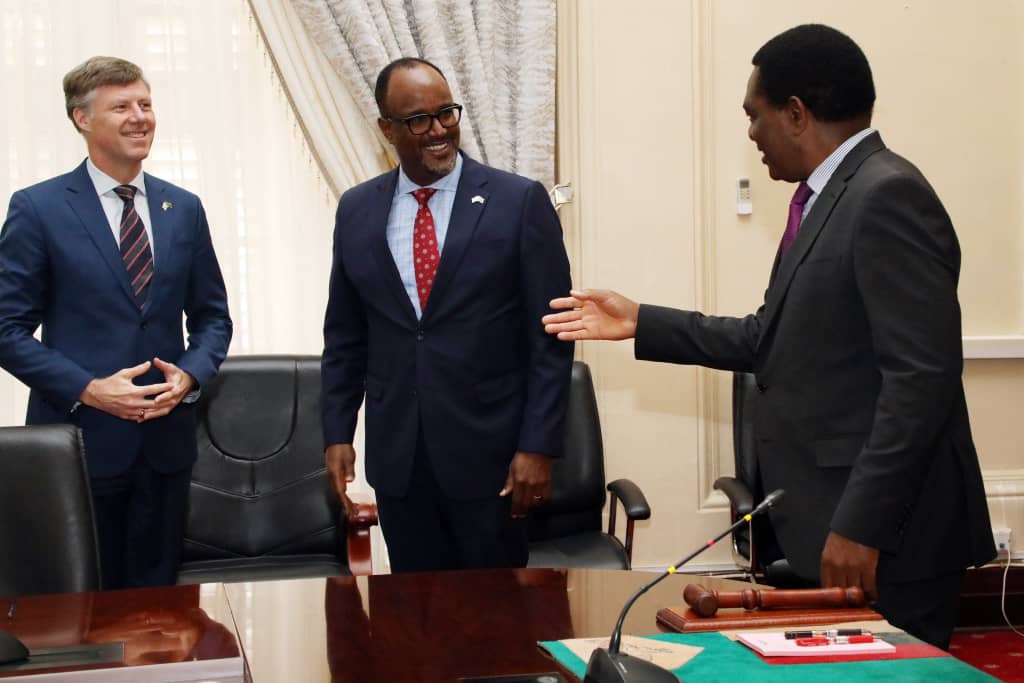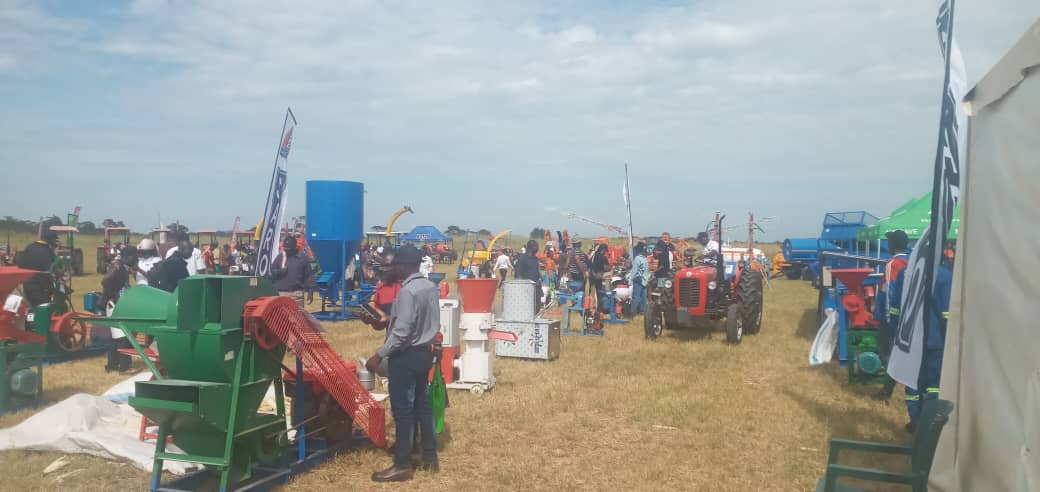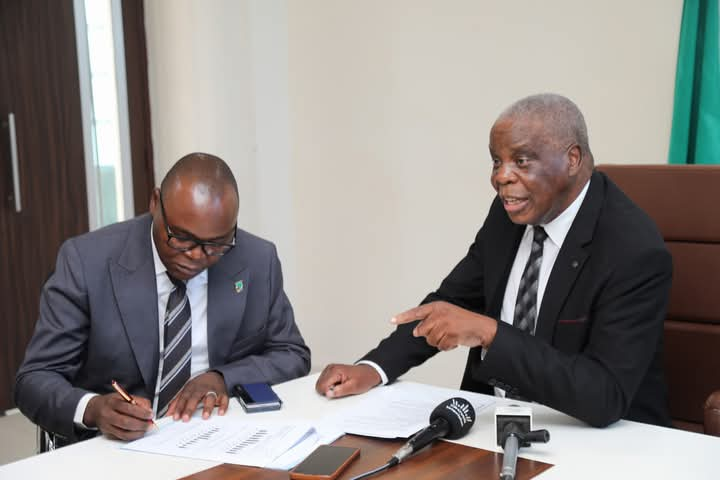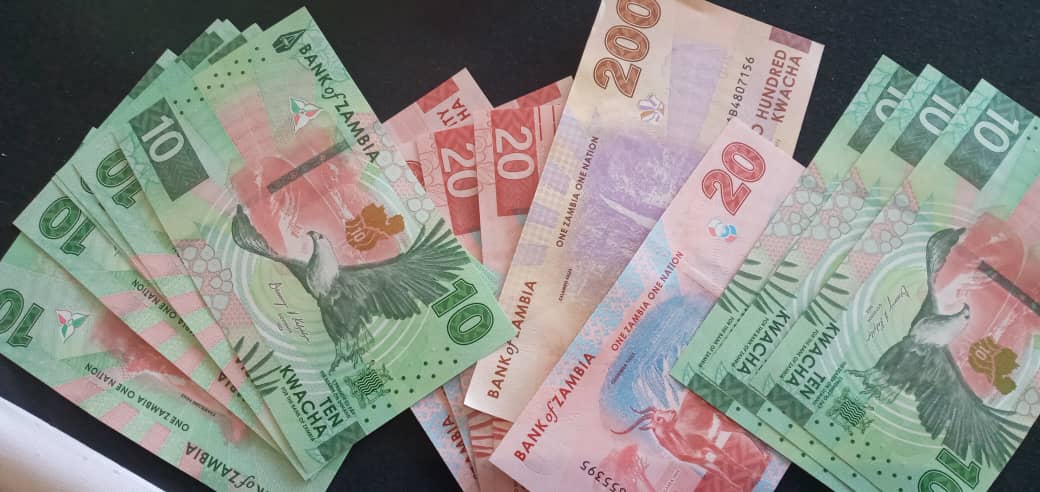By John Chola
……..the grant will improve Transport and Trade Connectivity Between Zambia and Tanzania.
In an effort to drive greater development and trade, the World Bank has embarked on supporting improvements in transport and trade connectivity along the Dar es Salaam Corridor between Zambia and Tanzania.
In a statement to the media, World Bank Country Manager for Zambia Achim Fock says the six-year Transport Corridors for Economic Resilience (TRACER) project, backed by a US$270 million International Development Association (IDA) grant aims to improve the efficiency, connectivity, and climate resilience of key regional transport and trade corridors in Eastern and Southern Africa.
“TRACER is a significant commitment to regional trade and transportation. By focusing on strategic improvements and climate resilience, we hope this will pave the way for a more robust and sustainable economic future for Zambia and its neighbors,” said Achim Fock, Country Manager for Zambia.
“The transport and logistics sector are expected to experience a boost from
targeted activities aimed at institutional and sectoral capacity building,” Fock added.
He said the project will benefit 2,500,000 people in Zambia, approximately 13 percent of the population.
This includes 500,000 direct beneficiaries within Zambia, with an additional 2,000,000 individuals set to experience indirect advantages.
The project’s reach extends beyond borders, positively impacting communities in Tanzania, the Democratic Republic of Congo, and Malawi
Fock said the project will rehabilitate the Serenje-Mpika section of the corridor, developing a One Stop Border Post (OSBP) at Nakonde, and converting the existing corridor into a Safety, Mobility,
Automated, Real-time Traffic Management (SMART) corridor.
The project is also expected to address the challenges of inadequate trade and transport facilitation systems, missing and weak infrastructure links, and inefficient transport and logistics that the region frequently faces.
“TRACER is not just about infrastructure; it’s about people. From cargo owners to local communities, the ripple effects of improved transport corridors will be felt across the region, driving development, and facilitating trade in unprecedented ways,” said Aymen Ahmed Osman
Ali, World Bank Senior Transport Specialist, and project team leader.
The World Bank’s International Development Association (IDA), established in 1960, helps the world’s
poorest countries by providing grants and low to zero-interest loans for projects and programs that boost economic growth, reduce poverty, and improve poor people’s lives.
The IDA is one of the largest sources of
assistance for the world’s 74 poorest countries, 39 of which are in Africa.
Resources from IDA bring positive change to the 1.3 billion people who live in IDA countries. Since 1960, IDA has provided US$496 billion to 114 countries.
Annual commitments have increased steadily and averaged about US$34.7 billion over the last three years (FY20-FY22), with about 70 percent going to Africa.








